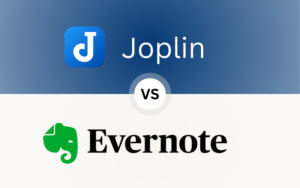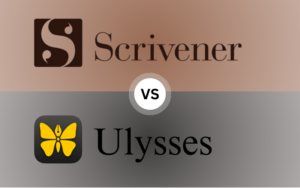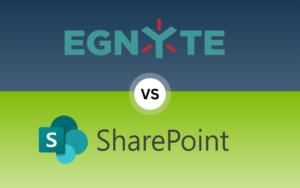“Comparing Zendesk Sell vs HubSpot in 2024? Discover the best CRM for your business at every stage, from startup to fully operational, and see how these platforms stack up with pricing, features, and ease of use.”
TL;DR: Zendesk Sell vs HubSpot
Don’t have time to read the full guide? Here’s the important points:
- Just starting a business? Zendesk Sell’s simplicity and affordable pricing make it ideal for small teams needing quick setup and ease of use.
- Scaling up? HubSpot is your best bet with its free version and broad functionality, including marketing and sales integration, which works well as you grow.
- Fully operational business? HubSpot wins for large enterprises thanks to its robust features, customization options, and scalability, while Zendesk Sell may struggle with advanced needs.
- Key differences: Zendesk Sell offers an intuitive, sales-focused approach, while HubSpot provides an all-in-one solution that covers marketing, sales, and service.
- 3 software alternatives: Freshsales, Salesforce, and Pipedrive offer solid alternatives to both Zendesk Sell and HubSpot, depending on your business needs.
Table of Contents
Introduction: Zendesk Sell vs HubSpot in 2024
Choosing between Zendesk Sell vs HubSpot can feel overwhelming, especially since both platforms offer top-tier solutions for customer relationship management (CRM). But what if you knew which one was best for your specific stage of business? This guide will walk you through which software—Zendesk Sell vs HubSpot—is the right fit based on where your business stands, from just starting out to fully operational.
CRM tools can play a pivotal role in how you scale and operate your business. Whether you’re a startup looking to organize your sales funnel or an established enterprise managing thousands of customers, picking the right CRM can lead to higher sales efficiency, better customer retention, and smoother internal operations.
Let’s dive into the detailed comparison of these two CRM giants and explore which one is perfect for your business level in 2024.

Why the Right CRM Matters for Every Stage of Business
CRM isn’t a one-size-fits-all solution. A small startup has very different needs from a fully operational enterprise. As your business grows, so do your CRM needs, from simple contact management to advanced automation and analytics. The right CRM should align with your current goals, while also providing the flexibility to scale as you grow.
A CRM like Zendesk Sell offers simplicity and affordability, making it ideal for startups that need to get moving quickly with minimal investment. On the other hand, HubSpot provides robust tools for businesses that want to align their marketing, sales, and customer service in one cohesive system.
In this article, we’ll show you how Zendesk Sell vs HubSpot stack up across three stages of business growth: startups, growing businesses, and fully operational enterprises.

Starting Out: Why Zendesk Sell Is Perfect for Small Businesses
When you’re just starting a business, your resources are often limited, and your focus is on keeping things simple. Zendesk Sell is tailor-made for this phase. It offers an intuitive, easy-to-use platform with a focus on sales that helps small teams hit the ground running.
At the startup level, you need a CRM that is quick to implement, easy to learn, and affordable. Time and cost are critical here, and Zendesk Sell excels by focusing on essential sales functions without bogging down the process with unnecessary complexity.
Key Features for Startups
- Easy Setup: Zendesk Sell can be up and running in no time, with minimal training required. Even teams with little technical expertise can get started fast, making it perfect for non-technical founders or small sales teams.
- Affordable Sales Pipeline: Zendesk Sell focuses on streamlining the sales pipeline. From lead management to task automation, everything is simplified to help small teams stay on top of their sales funnel without a steep learning curve.
- Mobile-Ready: Great for small teams that are constantly on the go, Zendesk Sell provides full mobile functionality, enabling sales reps to update deals, track tasks, and access customer data from anywhere.
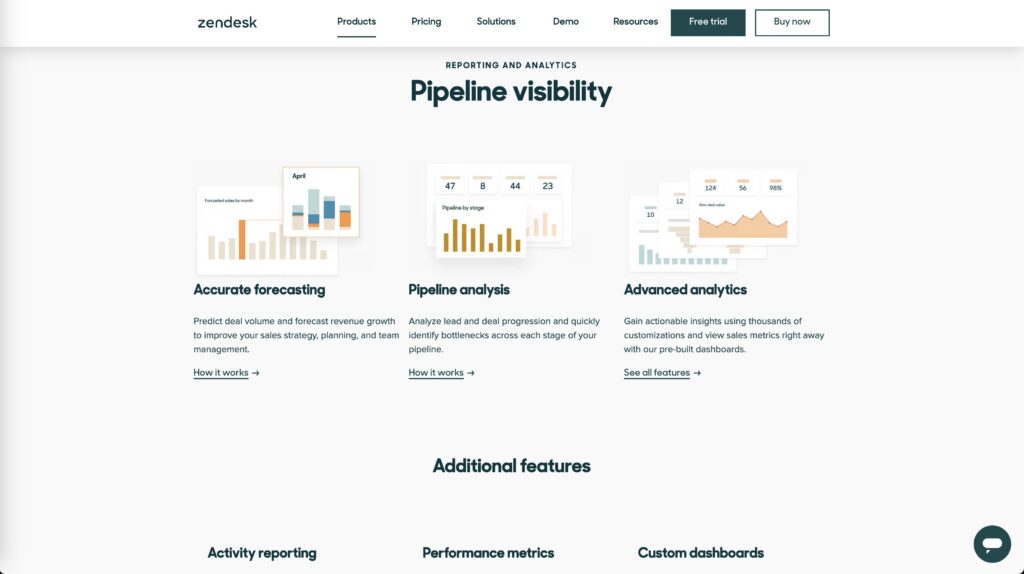
Pricing and Budget Flexibility: Zendesk Sell vs Hubspot
One of the most significant selling points of Zendesk Sell is its affordability for small businesses. With pricing starting as low as $19 per user per month, Zendesk Sell ensures that you can get started without blowing your budget. For startups, this predictable cost structure is highly appealing, as it allows you to control costs while focusing on growth.
HubSpot, on the other hand, offers a free version of its CRM, which is attractive to startups, but as you grow, HubSpot’s pricing quickly escalates based on the features and users added. This can be a drawback for startups on a strict budget.
Case Study: A Startup’s Experience with Zendesk Sell
Take, for example, a small e-commerce business with a sales team of three. Initially, their focus was simply tracking leads and managing customer interactions. They needed an intuitive tool to manage their sales pipeline without overwhelming the team with advanced marketing features. Zendesk Sell’s clean interface and focus on sales allowed the team to quickly organize their leads, keep track of interactions, and prioritize tasks.
The result? A 20% increase in closed deals within three months of using Zendesk Sell, thanks to its simplicity and automated task reminders.
When HubSpot Can Work for Startups
While Zendesk Sell is often the go-to for startups, HubSpot’s free CRM can be a smart choice for small businesses that also need basic marketing and customer service features. For example, if your startup relies heavily on inbound marketing or customer service, HubSpot’s free version allows you to manage marketing campaigns and customer inquiries alongside your sales pipeline.
Additionally, if you’re starting small but plan to scale rapidly, investing time in HubSpot’s ecosystem early on can be beneficial. It allows you to seamlessly integrate advanced features like marketing automation, landing pages, and email marketing as your company grows.

Growing Business: How HubSpot Helps Scale Operations
As your business grows, you’ll need more advanced tools to manage customer relationships, automate marketing, and track deals. This is where HubSpot shines. HubSpot’s ability to integrate sales, marketing, and customer service tools makes it ideal for businesses on the rise. As a mid-sized business, you’re looking for tools that will help you save time, manage a growing customer base, and align your marketing and sales efforts.
Why HubSpot Shines for Mid-Sized Companies
HubSpot offers a wide range of features that help growing businesses manage more complex operations. Key capabilities include:
- Automated Workflows: One of HubSpot’s standout features for growing companies is its automation. You can automatically nurture leads with customized email sequences, assign follow-up tasks, and even move deals through your pipeline based on predefined triggers.
- Marketing Integration: Deep integration with HubSpot’s marketing tools allows you to run campaigns and track the ROI of those campaigns without leaving the platform. Whether it’s managing social media, email marketing, or SEO, HubSpot provides the tools to connect marketing efforts to real sales outcomes.
- Lead Scoring & Analytics: As your business scales, you’ll need more robust data to make decisions. HubSpot offers advanced analytics that allow you to score leads based on behaviors, website interactions, and deal activity. This data helps you prioritize high-value leads, ensuring that your sales team focuses their efforts where it counts.
Transitioning from Zendesk Sell to HubSpot
What if you started with Zendesk Sell but your business outgrows its functionality? This happens often with growing businesses that initially opted for Zendesk Sell because of its ease of use and affordability but now need the more extensive features that HubSpot offers.
Transitioning from Zendesk Sell to HubSpot is a common path for businesses as they scale. You can start using HubSpot’s free CRM alongside Zendesk Sell to handle basic marketing or customer service tasks. As you expand, moving fully into the HubSpot ecosystem will allow you to manage marketing, sales, and customer service in one place.
Case Study: A digital marketing agency started with Zendesk Sell to manage their sales team of 10, but as their clientele grew and they began offering email marketing and social media services, they needed a more robust tool. The switch to HubSpot allowed them to automate marketing campaigns, track customer journeys, and integrate all client data under one roof, resulting in a 30% improvement in client retention.
Fully Operational: Which CRM Is Best for Large Enterprises?
For businesses that are fully operational and managing complex sales processes, customer service, and marketing, choosing the right CRM becomes even more critical. Both HubSpot and Zendesk Sell can handle the demands of larger enterprises, but each has its strengths.
Customization & Advanced Features: Zendesk sell vs Hubspot
Zendesk Sell, while capable of managing larger teams and more complex pipelines, lacks the deep customization capabilities that HubSpot offers. Enterprises that need to customize reports, dashboards, and workflows will find that HubSpot’s flexibility makes it the better option for larger-scale operations.
HubSpot offers a greater level of customization, which is vital for businesses needing tailored solutions. Large enterprises often require more than just a standard CRM—they need advanced analytics, integrations with multiple apps, and the ability to create customized workflows.
Long-Term Scalability: HubSpot vs Zendesk Sell
When it comes to scalability, HubSpot is better suited for businesses that plan to grow rapidly and need a platform that can scale with them. HubSpot’s modular pricing structure allows businesses to add features as they need them, rather than paying for everything upfront.
For example, a SaaS company that starts with a small team but expects rapid growth will benefit from HubSpot’s scalability. As new team members come onboard or as new markets open up, HubSpot’s CRM can handle the additional complexity, allowing the company to automate processes and gain deeper insights into customer data.
Zendesk Sell, while scalable in terms of user count and basic pipeline management, lacks the advanced features to handle significant growth over time. For large enterprises with thousands of customers and multiple sales teams, HubSpot is a more robust and scalable choice.
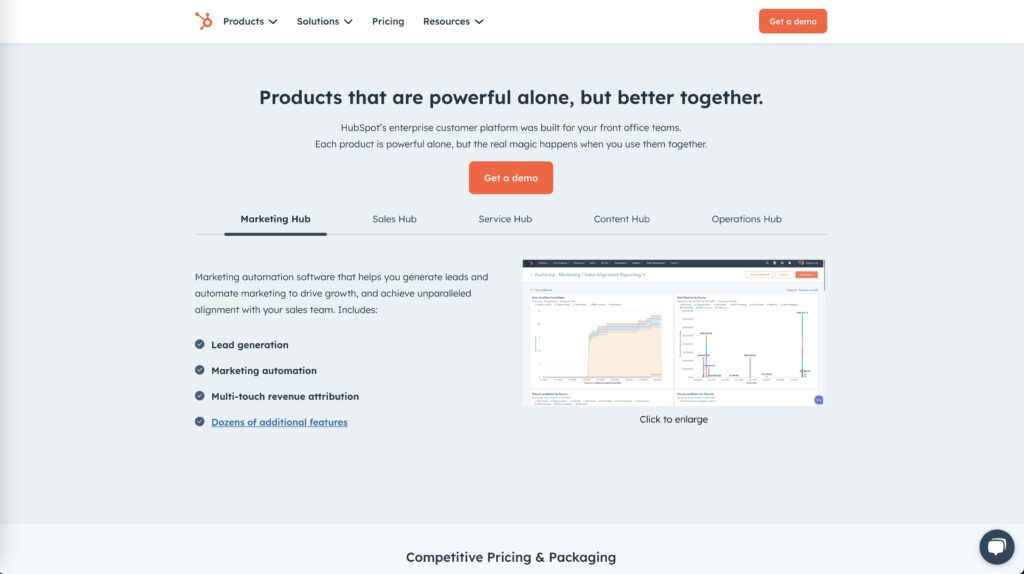
Feature-By-Feature Comparison: Zendesk Sell vs HubSpot
Let’s take a closer look at some of the most important factors to consider when choosing between Zendesk Sell vs HubSpot.
Ease of Use
Zendesk Sell: User-friendly and easy to set up, especially for smaller businesses. Its simple UI means that even non-technical users can master it quickly.
HubSpot: While more complex, HubSpot’s interface is intuitive once you’re familiar with it. The learning curve is steeper than Zendesk Sell, but the extra features make it worthwhile for growing businesses.
Pricing Models: Zendesk sell vs Hubspot
Zendesk Sell: Starts at $19 per user per month. Ideal for startups and small businesses that need a simple, affordable CRM focused on sales.

HubSpot: Offers a free version, but pricing can escalate quickly as you add more features or team members. The more advanced the toolset, the higher the monthly cost.
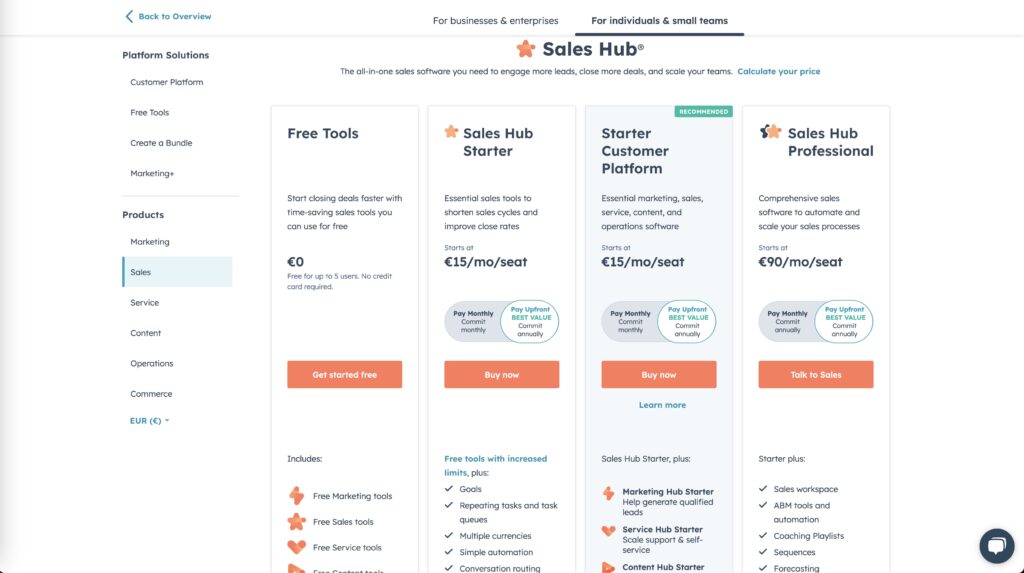
Integrations: Zendesk sell vs Hubspot
Zendesk Sell: Limited but covers essential tools like G Suite and Mailchimp, which may be sufficient for small businesses with simpler needs.
HubSpot: Extensive integrations with over 500 apps, including Salesforce, Slack, Zapier, and others. HubSpot is the clear winner here, especially for businesses that rely on multiple software systems working together seamlessly.
Customer Support: Zendesk sell vs Hubspot
Zendesk Sell: Highly rated for fast and reliable customer service. Their support team is responsive and helpful, with additional training resources available.
HubSpot: Strong support options, including knowledge bases, user forums, and 24/7 phone support on higher-tier plans. HubSpot also offers dedicated account managers for premium clients.
Customization & Flexibility: Zendesk sell vs Hubspot
Zendesk Sell: Less customizable, mainly suited for sales teams with straightforward needs. While you can tweak basic pipeline views and reporting, deeper customizations are limited.
HubSpot: Extremely customizable and offers deep flexibility. Ideal for businesses with complex workflows that require customized reporting, email automation, and lead segmentation.
3 Alternatives to Zendesk Sell vs HubSpot
If neither Zendesk Sell nor HubSpot is quite right for your business, here are three excellent alternatives to consider:
1. Freshsales
Freshsales by Freshworks is an excellent CRM solution that’s similar to Zendesk Sell but comes with a broader set of tools. It’s designed to simplify sales management while offering some of the advanced marketing and automation features found in HubSpot. Freshsales is a great middle-ground for small to mid-sized businesses.
- Best for: Small to mid-sized businesses seeking a balance between affordability and features.
- Key Features: AI-powered lead scoring, email tracking, and automation tools.
- Pricing: Free tier available, with paid plans starting at $15 per user per month.
2. Salesforce
As one of the most well-known CRMs in the world, Salesforce is the gold standard for large enterprises. It offers an unparalleled level of customization, integrations, and advanced features. However, the complexity of Salesforce can be overwhelming for small businesses or teams without a dedicated IT department.
- Best for: Large enterprises with complex needs and dedicated resources.
- Key Features: Custom dashboards, AI-powered insights, automation, and deep integration capabilities.
- Pricing: Starting at $25 per user per month, with enterprise plans available.
3. Pipedrive
Pipedrive is a more affordable alternative to both Zendesk Sell and HubSpot, designed to help small businesses manage their sales pipelines with ease. It’s perfect for companies that want a no-fuss CRM with visual sales management tools and simple automation.
- Best for: Startups and small businesses looking for a budget-friendly, straightforward CRM.
- Key Features: Visual sales pipeline, email tracking, task automation, and reporting.
- Pricing: Plans start at $14.90 per user per month.
Final Verdict: Zendesk Sell vs HubSpot – Which CRM Fits Your Business Best?
Choosing between Zendesk Sell and HubSpot largely depends on where your business stands today:
- For startups, Zendesk Sell shines due to its simplicity, ease of use, and cost-effectiveness. It’s the perfect solution if you’re just starting out and need to get a handle on your sales pipeline without a lot of complexity.
- As your business scales, HubSpot becomes the go-to choice, offering powerful tools that align marketing, sales, and customer service. The platform’s ability to grow alongside your business makes it ideal for mid-sized companies looking to automate tasks, nurture leads, and integrate various functions.
- For fully operational, large enterprises, HubSpot takes the lead with its advanced features, deep customization options, and unparalleled scalability. If your business is managing complex sales processes or customer relationships, HubSpot’s extensive ecosystem is built to support your long-term growth.
Ultimately, the best CRM is the one that fits your current needs while also offering room to grow. Both Zendesk Sell and HubSpot can transform the way you manage customer relationships, but the right choice depends on your business size, goals, and long-term vision. Investing in the right CRM now will help you streamline operations, enhance your customer experience, and scale with confidence.


